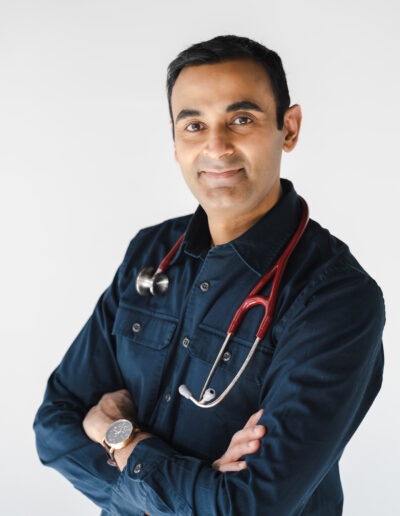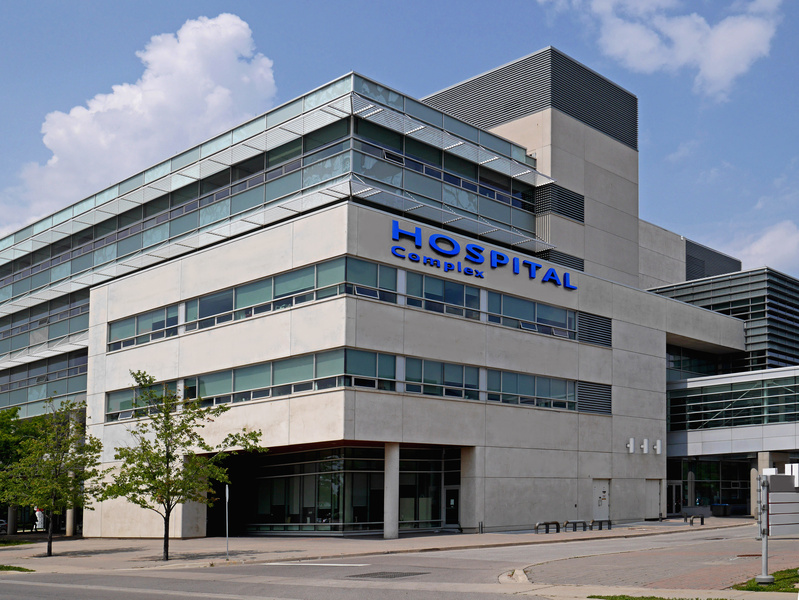Being any type of healthcare professional means that you will be very busy during your workday, and usually always behind schedule. That’s the nature of the beast. Healthcare is unpredictable and unexpected events and developments happen all the time. Anybody who doesn’t expect or want this, will be in for a big shock once they start working in this field.
I remember reading once when I was a teenager in a careers advice book that being a doctor is a physically, mentally and emotionally demanding job. I didn’t really think too much of that statement at the time, but all these years later I can see how true that is. That being said, having done this work for a few years now, it has been my observation that a lot (maybe even most) clinicians including doctors and nurses, don’t take good care of their own health during their workdays, and frequently let things slip. It’s a combination of the nature and demands of our job, and the fact that so little time is allocated in medical education to teaching us about the importance of our own wellbeing. Here are 3 common health mistakes that healthcare professionals make:
1.Going too long without eating
I once went a 12-hour day without eating anything or drinking a drop of water because I was so busy. Granted, I can only remember this happening once, but it is very common for clinicians to go several hours without eating. Unwise move! It’s very bad for us and our metabolism to let this happen. If we want to be taking care of our patients to the best of our ability, we have to be at our strongest physically and mentally. It’s never a good idea to go more than 4 hours without eating— even if it’s only a banana, nutritious fiber bar, or a handful of almonds. Assuming you are working during the day, a healthy high-protein, low carbohydrate lunch will have you performing at your best.
As for hydration, you can’t beat regular gulps of pure tap or bottled ice water—but definitely avoid soda.
2.Being inactive
Many of us spend large portions of our day telling our patients to be more active, yet don’t do it ourselves. This is more of a problem for office-based healthcare professionals, but it’s always a good idea to move around briskly at every opportunity. If you get some spare moments during the day, get outdoors and take a walk. Go up and down the stairs as much as you can and avoid the elevator. This is not only a calorie burner, but also an excellent way to keep your vascular system optimized and energy levels up.
3.Constant stress
We get it. Non-stop requests and demands on your time. Not a second to sit down and gather your thoughts. Absolutely anybody would feel stressed and on edge working in healthcare. But as a medical professional, you know that having elevated cortisol and adrenaline levels for any prolonged length of time is bad for your health, don’t you?
Take a couple of minutes to unwind and return to your center. You can try many different things including; briefly exercising as above, deep breathing for one minute in through your nose and out through your mouth, mindfulness techniques, or even a relaxing chat with friends… whatever works for you. You have to allow yourself to chill back out for a few moments.
Keep in mind these 3 things if you want to be functioning at your finest. Because if your own body is not at its best, how can you be trying to achieve that for your patients?
 Suneel Dhand is a physician, writer, and YouTuber. He is Founder at MedStoic Lifestyle Medicine and DocsDox . Follow him on YouTube and Instagram.
Suneel Dhand is a physician, writer, and YouTuber. He is Founder at MedStoic Lifestyle Medicine and DocsDox . Follow him on YouTube and Instagram.


Hi Suneel,
Could not be said better.
Many years ago, in residency, the attending kept us busy the entire day w/o eating or drinking for the sake of ” having the job done” .
Cheers,
Cornel.
I really appreciate this post. I’ve been looking all over for this! Thank goodness I found it on this blog. You have made my day! I think this is an engaging and eye-opening material. Thank you so much for caring about your content and your readers.
Hi Akhil, appreciate your kind words and thanks for reading! Best Regards, Suneel